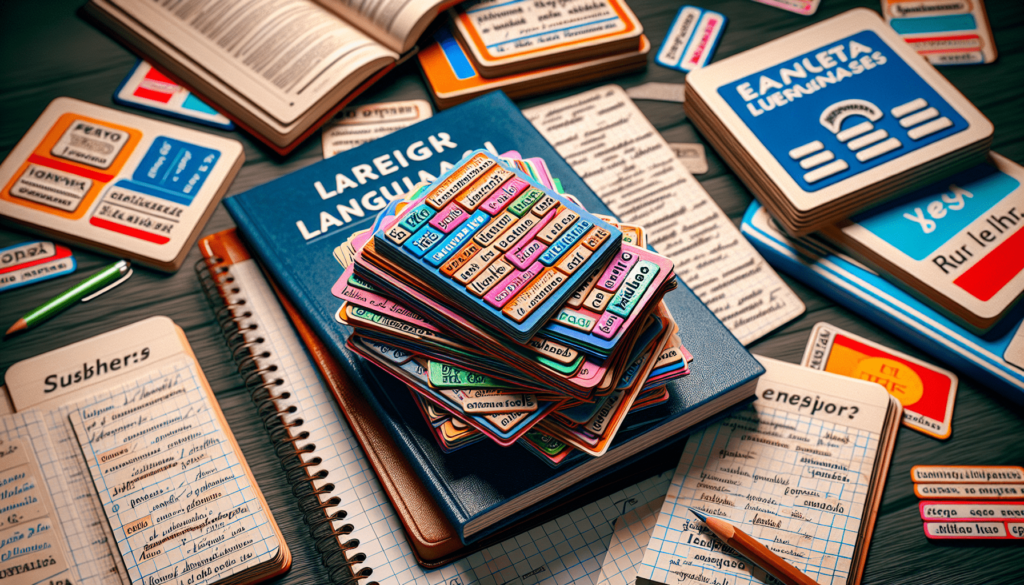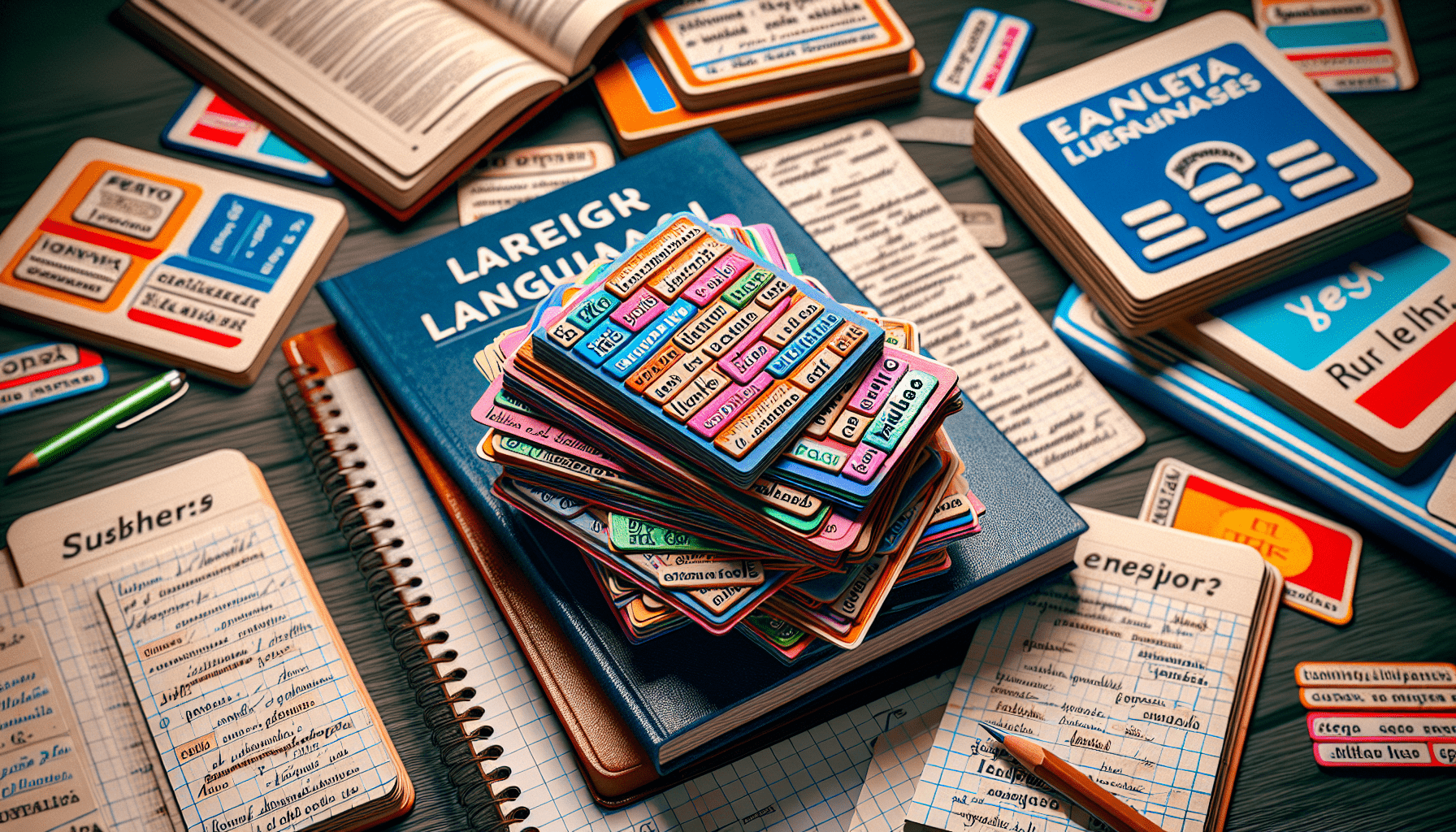What Are The Most Effective Study Techniques For Learning A New Language?
Learning a new language can be an exciting and rewarding experience. However, it can also be challenging, especially if you are unsure of the best study techniques to use. In this article, we will explore some of the most effective strategies for learning a new language and provide you with tips on how to implement them successfully.
Immersion
One of the most effective ways to learn a new language is through immersion. This means surrounding yourself with the language as much as possible, whether it’s through listening to music, watching movies, or speaking with native speakers. Immersing yourself in the language can help you pick up on nuances and subtleties that you might not otherwise notice.
Practice Regularly
Consistency is key when it comes to learning a new language. Make sure to practice regularly, even if it’s just for a few minutes each day. This will help keep the language fresh in your mind and prevent you from forgetting what you’ve learned.
Use Flashcards
Flashcards are a great tool for learning vocabulary and grammar rules. You can create your own flashcards or use online resources like Quizlet to help you study. Flashcards are a convenient way to review information quickly and can be especially useful for memorizing new words.

Take Advantage of Language Learning Apps
There are many language learning apps available that can help you practice your skills on the go. Apps like Duolingo, Babbel, and Rosetta Stone offer interactive lessons and exercises that make learning a new language fun and engaging. These apps can be a great supplement to your other study methods.
Find a Language Partner
Having a language partner can greatly improve your language learning experience. This can be someone who is also learning the same language or a native speaker who is willing to help you practice. Practicing with a language partner can help you improve your speaking and listening skills and provide you with valuable feedback.
Read and Listen to Authentic Material
Reading books, newspapers, and websites in your target language can help you improve your vocabulary and comprehension skills. Similarly, listening to podcasts, radio programs, and music in the language can help you become more familiar with the sounds and rhythms of the language. Exposing yourself to authentic material can help you develop a more natural understanding of the language.

Set Specific Goals
Setting specific, achievable goals can help keep you motivated and focused as you learn a new language. Whether it’s mastering a certain number of vocabulary words, holding a conversation in the language, or passing a proficiency exam, having clear goals in mind can help guide your study efforts.
Study Grammar
Understanding the grammar rules of a language is essential for being able to communicate effectively. Take the time to study the grammar of your target language, focusing on topics like verb conjugation, sentence structure, and word order. Once you have a solid understanding of the grammar, you will be better equipped to speak and write in the language.
Watch Foreign Films and TV Shows
Watching foreign films and TV shows in your target language can be a fun and effective way to improve your listening skills. Try turning on subtitles in the language you’re learning to help you follow along. Pay attention to how native speakers pronounce words and phrases, and try to mimic their speech patterns.
Engage in Conversations
Practicing your speaking skills with others is crucial for becoming fluent in a new language. Seek out opportunities to engage in conversations with native speakers, whether it’s through language exchange meetups, online chat rooms, or conversation practice apps. The more you practice speaking, the more confident you will become in using the language.
Take Language Classes
Enrolling in a language course can provide you with a structured learning environment and access to a qualified instructor. Whether it’s a traditional classroom setting or an online course, taking language classes can help you stay on track with your studies and receive guidance and feedback from an expert.
Use Mnemonics
Mnemonics are memory aids that can help you remember vocabulary words and grammar rules more easily. For example, you could create a rhyme or mnemonic sentence to help you remember a tricky word, or associate a new word with an image or concept. Mnemonics can be a fun and creative way to enhance your language learning experience.
Review and Practice Regularly
In order to retain what you’ve learned and continue making progress, it’s important to review and practice regularly. Set aside time each week to go over vocabulary, grammar, and other language concepts. Consistent review will help reinforce your knowledge and prevent you from falling behind.
Learning a new language is a challenging but rewarding journey that requires dedication and effort. By incorporating these effective study techniques into your language learning routine, you can make the process more manageable and enjoyable. Remember to stay patient and persistent, and celebrate your progress along the way. Good luck on your language learning adventure!

